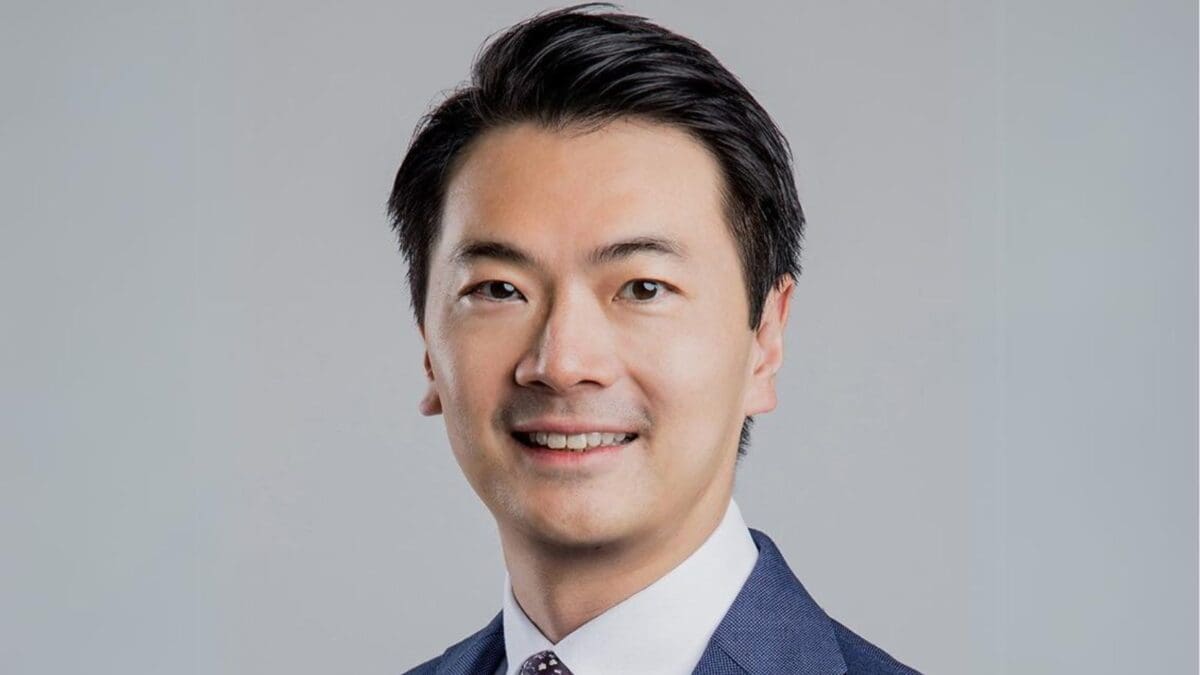Why APAC beckons as a private debt destination
Concentration risk and duplication mean Australia’s big institutional investors should be diversifying beyond their traditional private credit stomping grounds, according to Andrew Tan, APAC CEO of Muzinich & Co and portfolio manager for its Asia Pacific Private Debt Fund.
Muzinich manages around US$35bn in public and private credit for pension funds and family offices, including $1 billion for Australian clients in the public markets, and has been targeting the middle market in Singapore, Hong Kong and Australia.
“It’s not a criticism, but by virtue of how (the super funds’) organic growth has happened a lot of the US stuff they’ve invested in tends to be upper-middle market sponsor-driven funds,” Tan says. “What you get is a lot of duplication of exposures, because you have Ares, Apollo and KKR all going after the same transactions and financing deals across private equity and private credit.
“Typically these upper-middle market leveraged buyout deals tend to be club deals (ed: where several firms pool their money to acquire an asset). What you might get, if you invested in Apollo or KKR or other funds, is the same position duplicated in different funds. There’s a lot of potential for concentration if you don’t start looking elsewhere.”
And while they historically haven’t been comfortable with the “tougher proposition” of developing Asia, where there’s less sponsor-driven deal flow, its compelling economic growth prospects and vast opportunity set make it a good place to look.
“The wider APAC model also gives you an opportunity to pick the best ideas; the Asia opportunity set ebbs and flows,” Tan says. “There might be more deals coming up in Hong Kong compared to Singapore, or Korea or Japan. You need to be flexible and nimble enough to move to where they are rather than sticking with one jurisdiction, where you can be pushed to invest in transactions that don’t give you the best risk adjusted return.”
Still, it’s not for no reason that super funds are flocking to the United States, and Tan reckons the opportunities to be had following its regional banking crisis are almost as good as they come.
“If I can be truly objective, the lower middle market US opportunities in private credit and financing is fantastic at the moment, probably a once in a decade situation by virtue of the regional banks blowing up,” Tan says.
“The banks that took them over don’t want to do their business; you have all these companies with $1 million of EBITDA all the way to maybe $25 million of EBITDA getting no love whatsoever from banks. That’s a prime opportunity for guys like us. They’re getting 40 per cent return for senior secured performing credit with very little leverage. I think that’s the most exciting thing at this point.”










